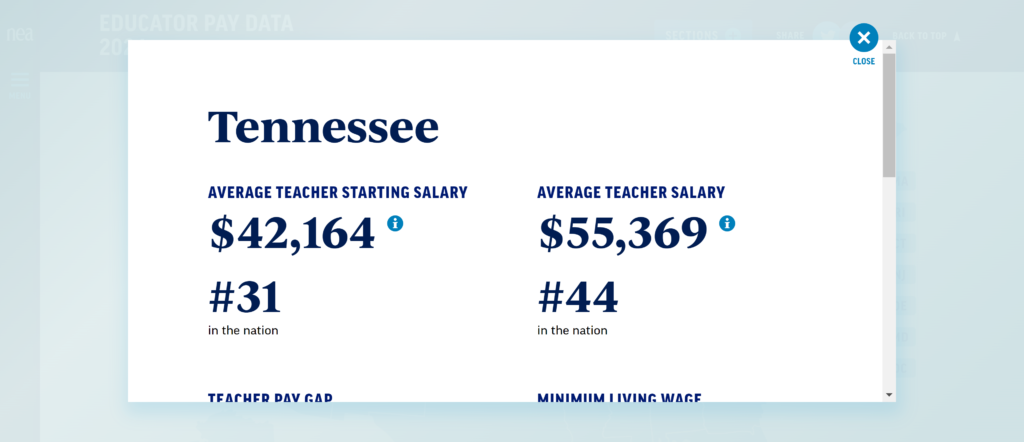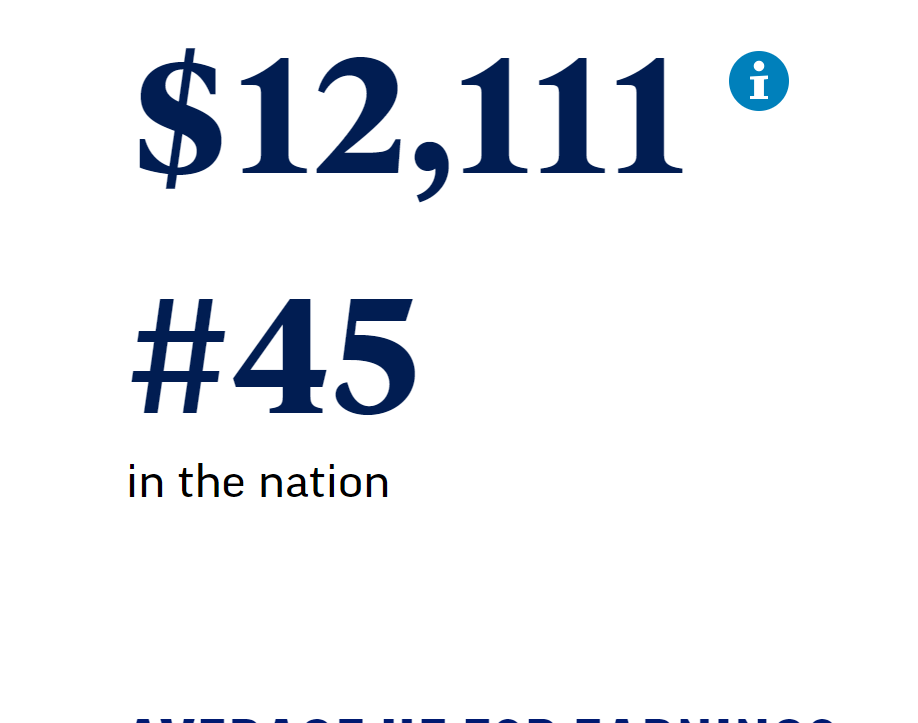It doesn’t seem to add up
TC Weber takes a look at a payroll anomaly (or mixup or mistake or communication error) that meant the first summer paycheck for Nashville teachers was about 20% short.
Talk about ruining summer plans.
Last week, many of Nashville’s teachers and support staff who have extended their paychecks throughout the summer got a surprise. Paychecks were roughly 20% shorter than expected.
Metro Nashville Public Schools pays all certificated staff on a 22-week pay schedule, equivalent to the length of the school year. As a courtesy to teachers who wish to maintain a paycheck throughout the summer, they can sign up to be paid in 26 installments.
This is accomplished by MNPS deducting a portion of each paycheck, after taxes, and dividing it between four summer paychecks – two in June and two in July. For some reason, according to MNPS, this year has 27 paychecks, requiring 5 paychecks in the summer. Two in June, two in July, and one in August. That’s some fancy math turning 26 biweekly opportunities into 27.
As TC notes, all years have 52 weeks – which makes (or should make) for 26 checks.
He further notes that blaming the “mixup” on a communication error is not ok.
If teachers and staff didn’t get the message, the error is on the sender.
It’s particularly distressing in an era of teacher shortages and in a state with persistently low teacher compensation.

MORE TENNESSEE NEWS
Doctors Speak Out on Gun Violence








